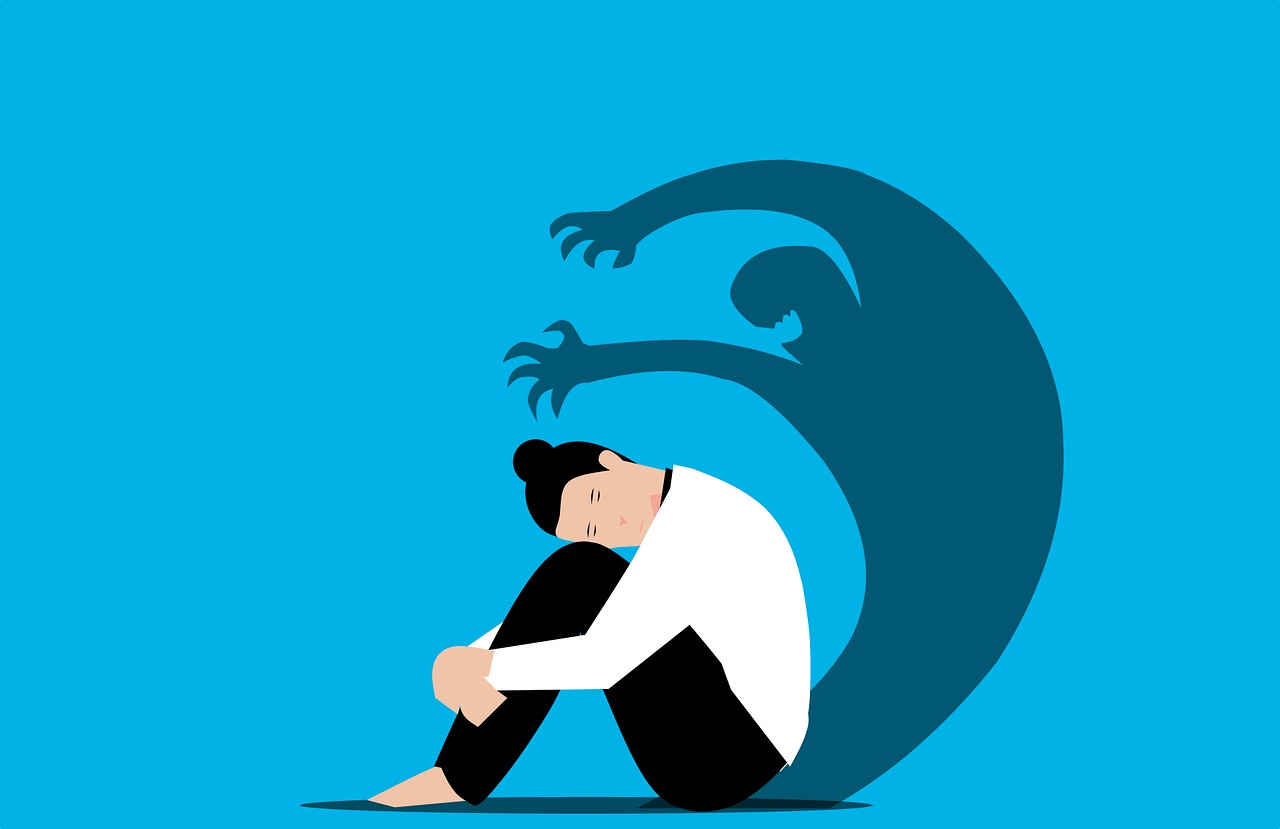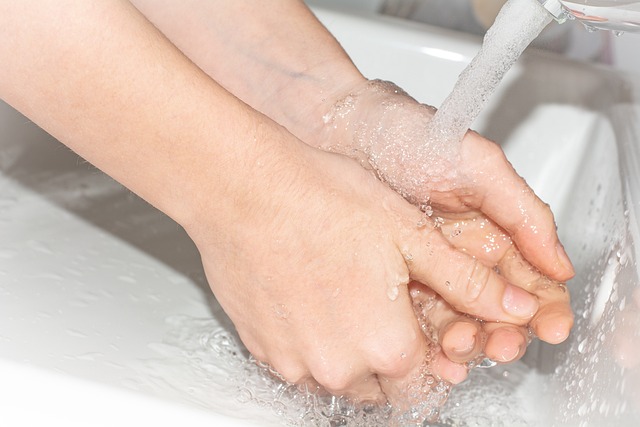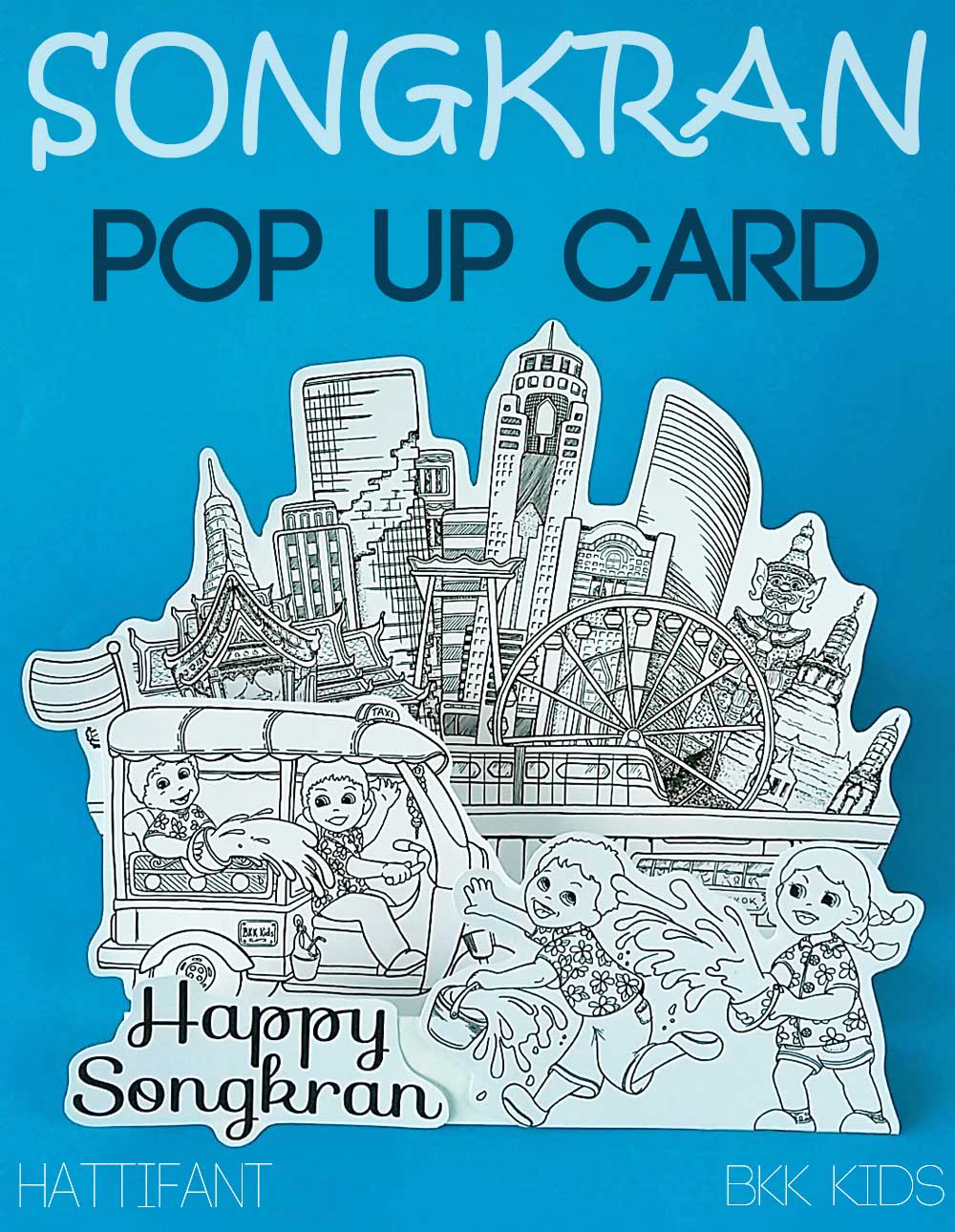May is globally mental health awareness month and after almost three years of living through and feeling the impacts of the Covid19 pandemic, it has become increasingly obvious that our kids, especially our teens were affected more than we initially thought. Recent statistics have shown a sharp increase in kids of all ages being diagnosed with anxiety, depression or insomnia. According to the Royal College of Psychiatrists, which represents 18,000 psychiatrists, more people are seeking crisis mental health services as a result of COVID-19. But just how did this happen?
The study, published in The Lancet Psychiatry, analysed the electronic health records of 69.8 million patients which included 62,354 patients diagnosed with COVID-19. Within three months of testing positive, almost 20% of people diagnosed with COVID-19 were then diagnosed with psychiatric disorders, including anxiety, depression or insomnia. One in four of those people had not received a psychiatric diagnosis before. The researchers warned that the results are likely to be underestimates of the actual number of cases as many decided not to report or even seek help.
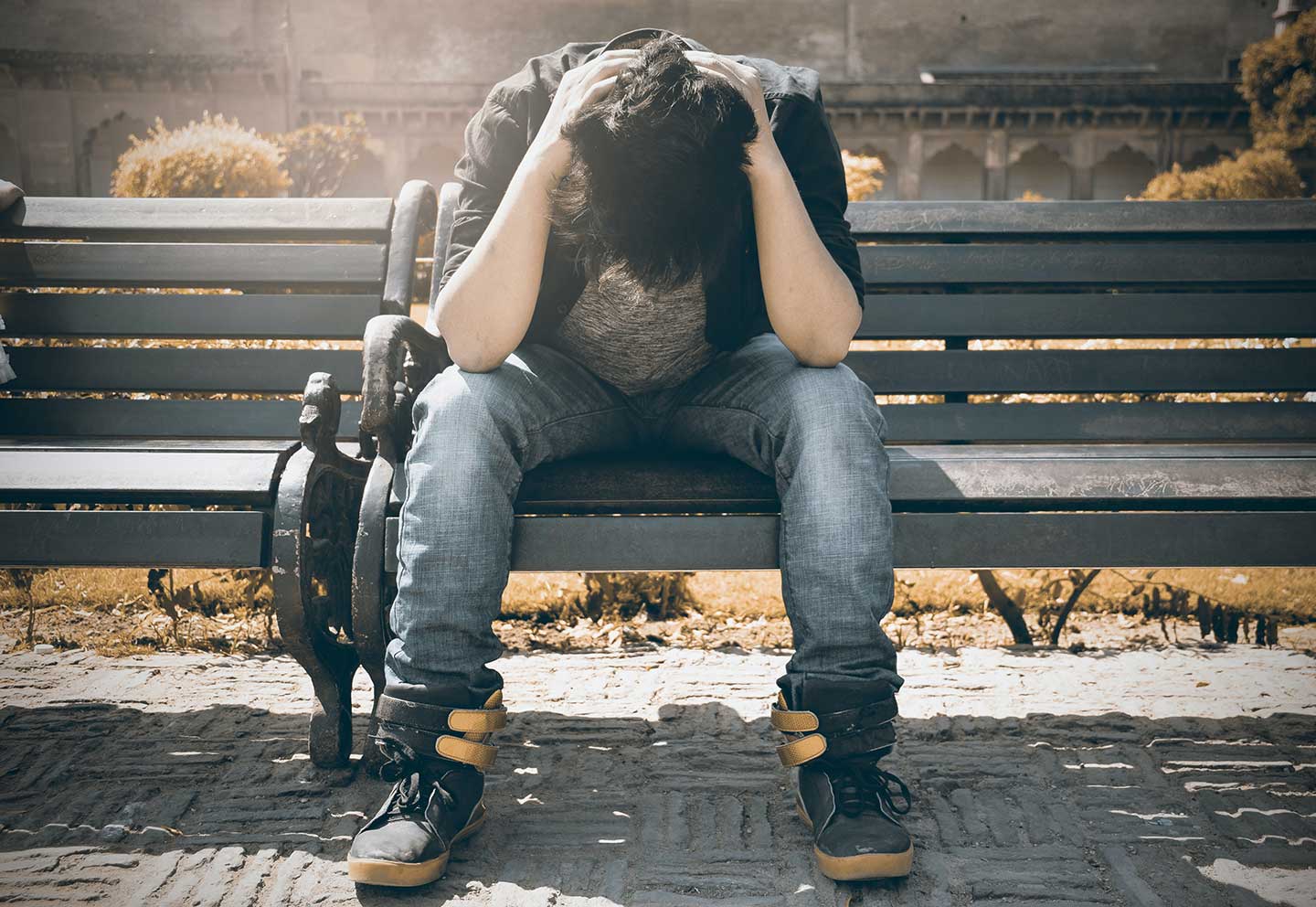
Mental Health & Pandemics
Pandemics have had a detrimental impact on the mental health of affected populations throughout history. For example,The Lancet reported that outbreaks of the Ebola virus caused “widespread panic and anxiety, depression resulting from the sudden deaths of friends, relatives, and colleagues, and stigmatisation and social exclusion of survivors.” And the Spanish Flu pandemic of 1918-1919 had a long-standing impact on the mental health of survivors as a result of the massive and sudden loss of life which plunged many into a chronic state of helplessness and anxiety.
No-one expected the Covid pandemic to go on for as long as it did, have such wide reaching global impacts and how could we have possibly foreseen the devastating loss of life. Our kids went from happy-go-lucky students in a school playground, teens about to test their boundaries or young adolesents reaching their rites of passage, to kids who were glued to the news in a constant state of fear and the unknown. Our kids were subjected to the constant news about covid death numbers rising and as much as we tried to protect them, it became increasingly difficult as more and more families were affected. In some cases, watching relatives pass away. This global hysteria had a massive impact on kids, parents, educators mental health and the impacts of that are just being dealt with now.
Acknowledge What Happened
Our kids were in isolation for such an increased amount of time, socialising stopped, friends suddenly moved away and their regular routines were turned upside down. Many kids expressed a sense of loneliness, restlessness and anxiety, as millions of people were quickly forced to adapt to a new reality and make to drastic lifestyle changes. Parents globally were encouraged to talk openly about the pandemic in an age appropriate manner but we still have no idea how living for so long in a state of heightened insecurity and nervousness has affected their developing central nervous systems. They watched their parents constantly worry about health, job security, the fear associated with weak or compromised immune systems and the worry for elderly relatives, and in some cases narrowly avoiding death. Our kids brains were subjected to a prolonged period of ‘fight or flight’ which science has proven has a major impacts on their mental health.
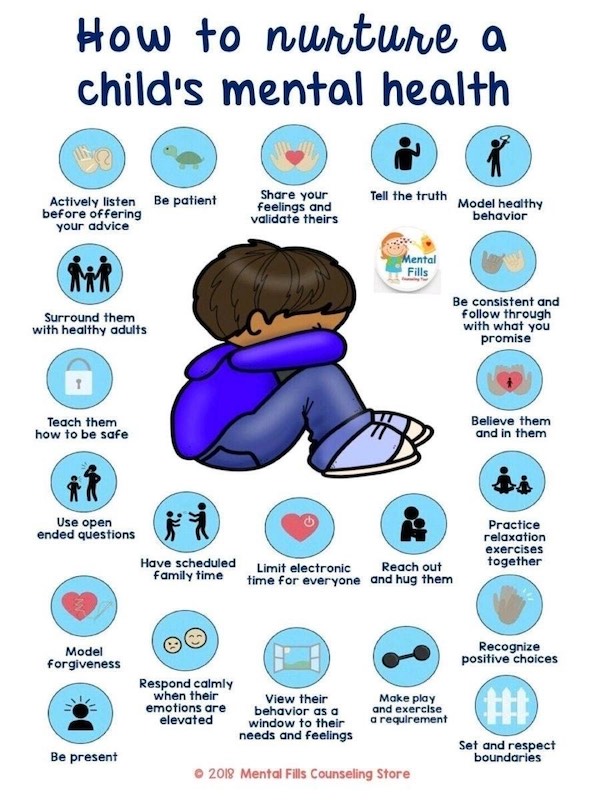
Many students and younger kids had trouble re-entering school social situations post pandemic and were worried about being exposed to Covid and/or bringing this home to relatives. If you feel that your child is still having anxiety over socialising or is still withdrawn and retreating to their room in isolation now the pandemic is over, it’s time to address the issues and seek help. Kids have been reported to have a fear of traveling on public transport and being in large crowds, to over-washing their hands and the refusal to remove their masks, if any of these symptoms are familiar now is the time to acknowledge what happened and find some assistance to help them readjust to life after a pandemic.

